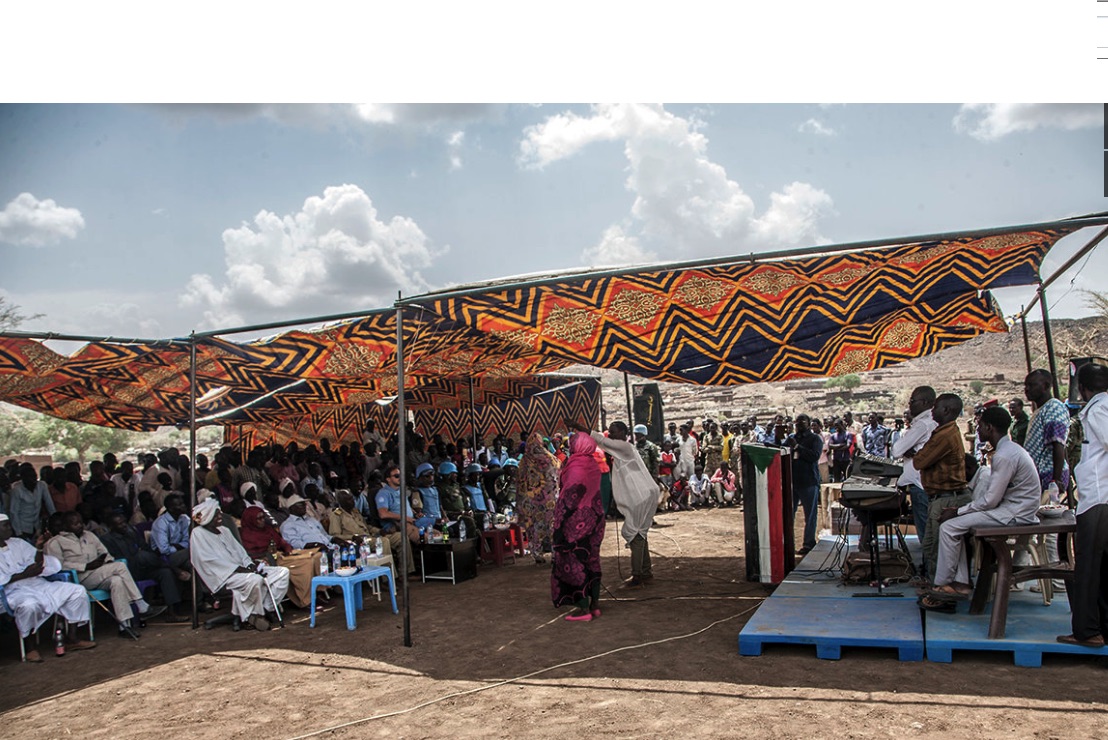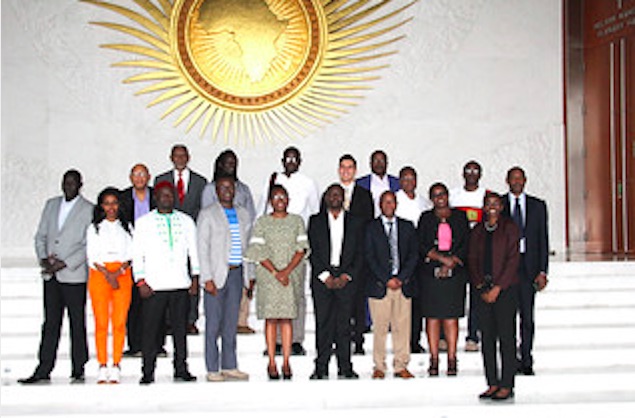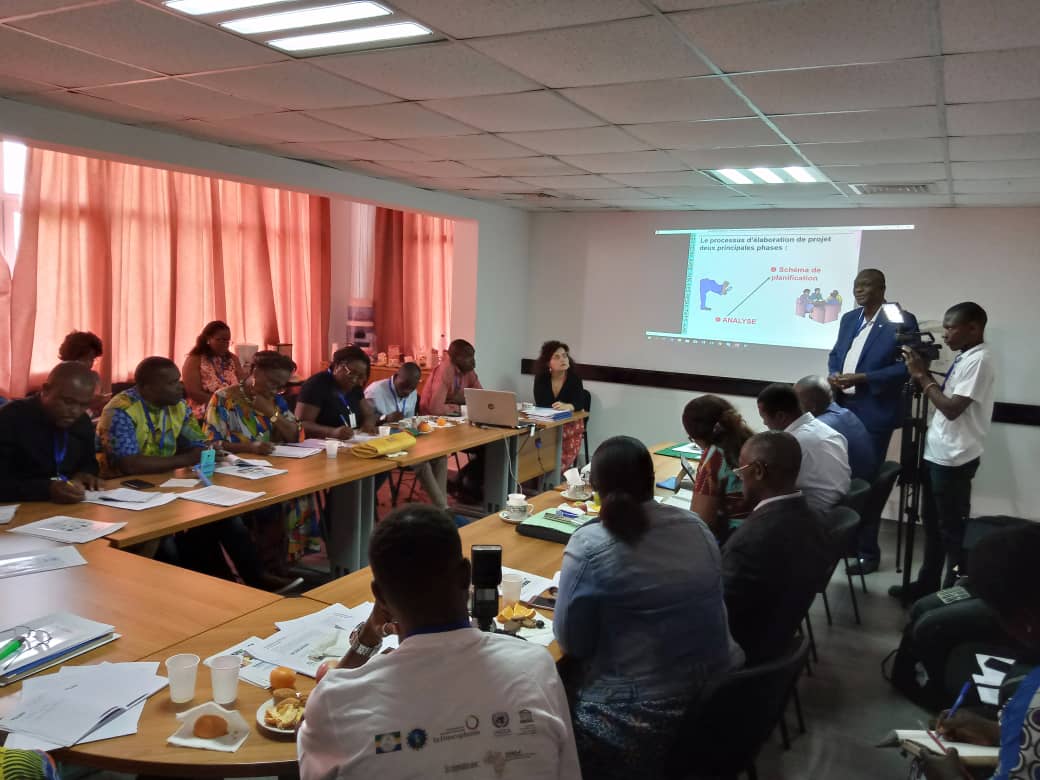FREE FLOW OF INFORMATION
by Jerry Bibang, National Coordinator of PAYNCoP Gabon
The National Coordination of the Panafrican Youth Network for the Culture of Peace (PAYNCoP Gabon) organized yesterday, Wednesday 03 July 2019, a workshop on the theme: “Understanding and promoting the culture of peace”.

Photo © PAYNCoP Gabon
The seat of UNESCO served as a framework for this activity which brought together several leaders of youth organizations, including the National Youth Council (CNJ), the Christian Youth Union of the Evangelical Church of Gabon (UCJEEG), FECAM, AISSEC Gabon among others.
(Article continued in right column)
( Click here for the French original..)
Question related to this article.
Will UNESCO once again play a role in the culture of peace?
(Article continued from left column)
In his opening remarks, the representative of Unesco, Mr. Juste Tindy-Poaty, praised the dynamism of the management team of the National Coordination of PAYNCoP Gabon who, less than a month after its training, was able to organize this workshop for the leaders of associated youth movements.
He also invited the participants to make good use of the knowledge received before and he encouraged them to take action because, “the culture of peace is not only discourse and theory, but it is also action in the field”.
The first paper, moderated by Jerry Bibang, National Coordinator of PAYNCoP Gabon, focused on the elements of understanding the concept of “culture of peace” including the origin, the definition, the tools and especially the international normative instruments that support this concept. Several UN instruments, including Resolution 2250 (Youth, Peace and Security) and Resolution 1325 (Women, Peace and Security) were highlighted. He stressed that the culture of peace is not rsimply the absence of war. It involves values, attitudes and behaviors that favor living together. These include respect for freedom, human rights, social justice, equality, democracy, solidarity, tolerance, dialogue and many others.
Speaking on the sources of financing related to the culture of peace, Joannie Mahinou, the Legal Affairs Officer of PAYNCoP Gabon, discussed the possibilities of financing from Unesco through the Participation Program (PP), the different funds of the culture program such as the Intangible Cultural Heritage Fund (ICP), the International Fund for Cultural Diversity (IFCD) and the Humanities and Social Sciences Program Fund. Also, funding opportunities in the United Nations system as well as other donors were presented.
PAYNCoP Gabon plans to continue sharing this information with youth organizations in the country.

 Video from Deutsche Welle
Video from Deutsche Welle 





